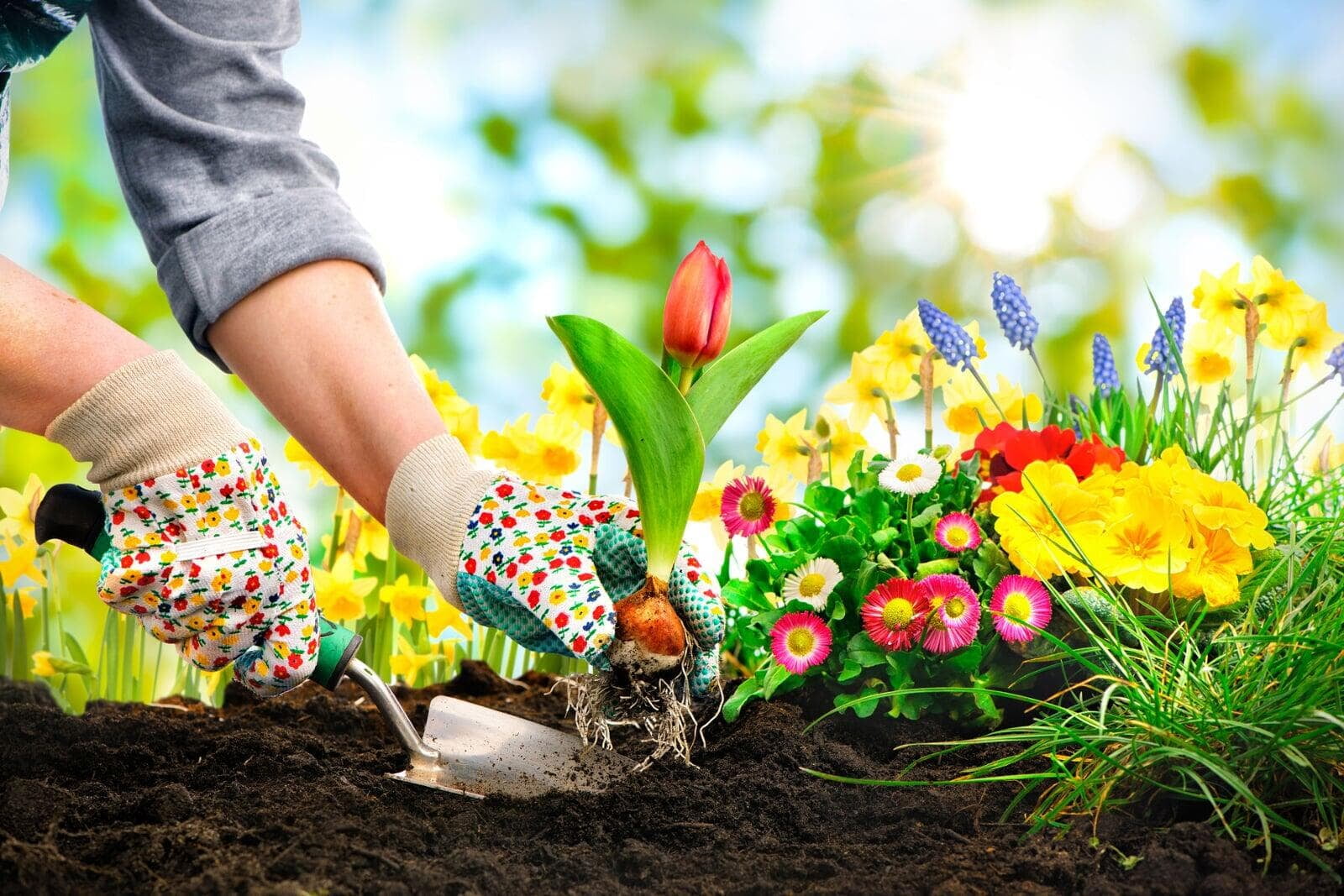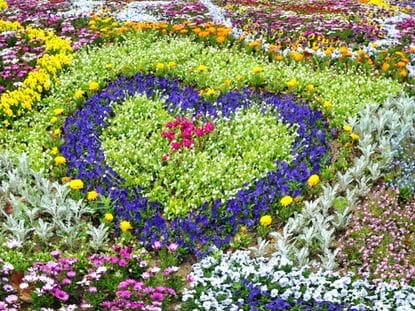Horticulture Therapy: Gardening for your Mental Health
Author: Vanessa Parise

Did you know that growing some tomatoes in your garden can have a positive impact on your mental health?
A big dream of mine ever since I was a child was to have a big, beautiful garden where I could grow my own fruits and vegetables, but alas, I don’t have much of a green thumb. As many graduate students will attest, we hardly have the time to nurture a vegetable garden.
However, what if I told you that carving some time out of your day to take care of our green friends could have a profound effect on your mental health? This is called horticultural therapy.
History Of Horticultural Therapy
The effects of horticulture are not new to the therapeutic community. The earliest published findings of garden work having positive effects on mental illness were from Dr. Benjamin Rush (also recognized as the Father of American Psychiatry) in 1812. About 70 years later, the Friends Hospital in Philadelphia, PA was the first American hospital to build a greenhouse for the sole purpose of patient rehabilitation. Over 150 years from the original published findings, horticultural therapy was finally recognized as a professional field in 1973.
What is Horticultural Therapy (HT)?
You may be asking yourself, what is HT? The working definition, as provided by the American Horticultural Therapy Association, is the “engagement of clients in horticultural activities facilitated by a trained therapist with the intention of achieving specifically defined goals". The practice of HT is linked to slowing down and being mindful of your surroundings while getting in touch with the earth and the nature around you. Results from a meta-analysis of randomized control trials on the effects of horticulture therapy on mental health found that it had a significant positive impact on mental health (effect size = 0.55).
How can I incorporate HT into my busy life?
HT can be incorporated quite nicely into the hustle bustle of graduate school life. Even though you may have a small space to work with, below are a few tips to help adapt HT for your life.
- Start Small!: You don’t need to jump in a huge, lavish garden! Start small with a few plants in your favourite sunlit place in your bedroom! Once you become more comfortable with the practice/ have more space, you can then begin to expand your garden.
- Set aside time to connect to your space first: It is important that you choose a space that you connect with first. For example, if you have a spot that you love to sit at and read a book, place your first few plants there. This space may already be associated with a calm and peaceful presence.
- Select plants to grow that will bring you joy: You want to grow things that will bring you joy to see grow. As mentioned above, I love to grow my own vegetables and fruits. In my case, I could start with a small herb garden that I can use in my cooking.
- Focus on being present with your plant: The most important part of the therapeutic connection that plants can bring you is to be grounded and mindful when you are practising horticulture. You want to set yourself in the present. Try to remove distracting thoughts from your head and work towards only paying attention to what you are seeing, hearing and feeling as you tend to your garden.

Happy Gardening, everyone!
DiNardo, M. F., DePrado, L., Polanin, N., & Flagler, J. (2013, July). Enabling gardens: The practical side of horticultural therapy. FS1208: Enabling Gardens: The Practical Side of Horticultural Therapy (Rutgers NJAES). https://njaes.rutgers.edu/fs1208/#:~:text=A%20Historical%20Perspective&text=The%20first%20designed%20gardens%20date,a%20monastery%2 0in%20Clairvaux%2C%20France.
The therapeutic value of Horticulture. Landscape Ontario. (2021, June 30). https://landscapeontario.com/the-therapeutic-value-of-horticulture
Mitchem, J. (2023, June 7). How to practice horticultural therapy in any kind of space. Architectural Digest. https://www.architecturaldigest.com/story/horticultural- therapy#:~:text=Even%20being%20in%20proximity%20to,vegetable%20garden%20in%20your%20backyard.
Tu HM. Effect of horticultural therapy on mental health: A meta-analysis of randomized controlled trials. J Psychiatr Ment Health Nurs. 2022 Aug;29(4):603- 615. doi: 10.1111/jpm.12818. Epub 2022 Feb 3. PMID: 35000249.